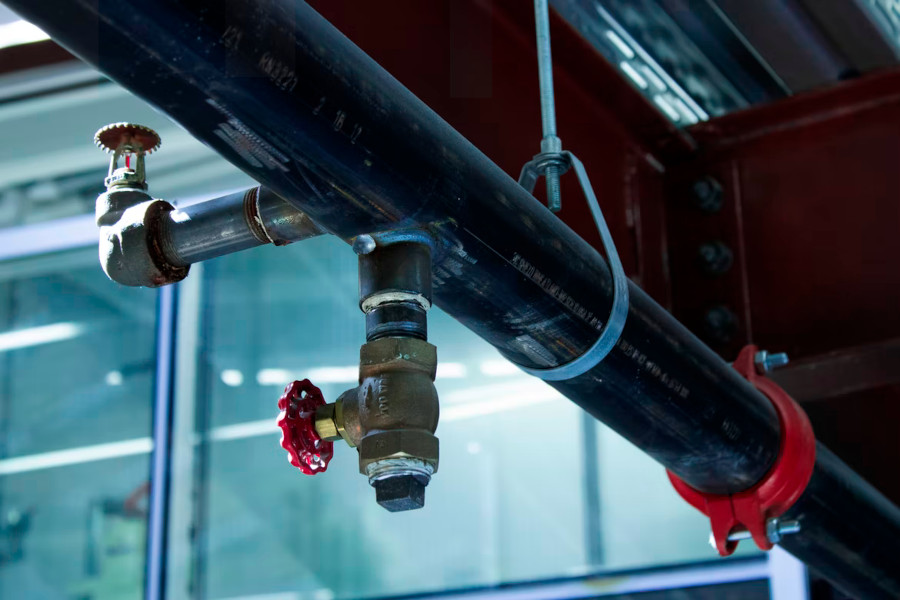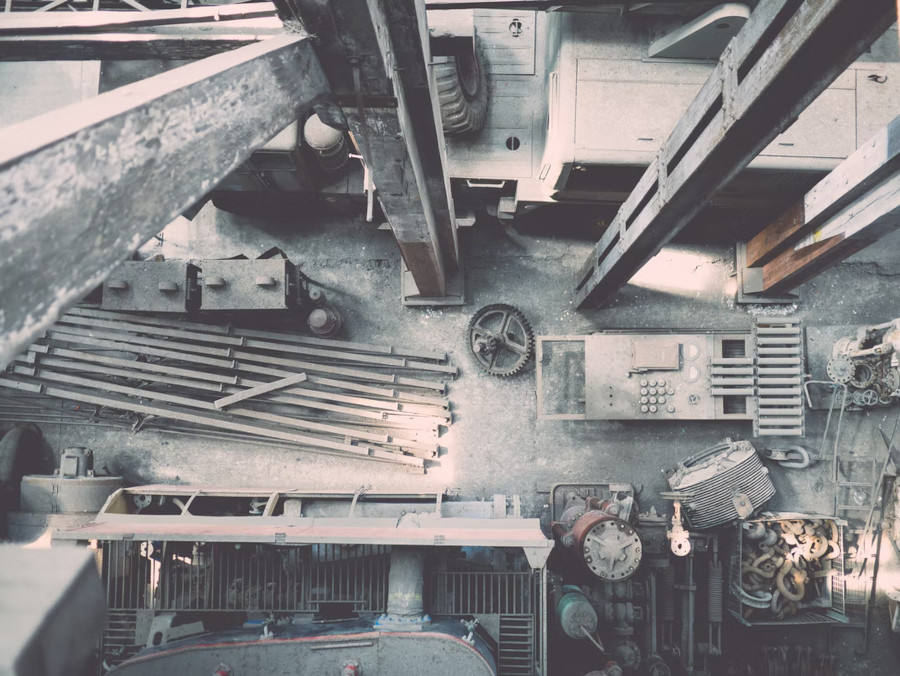A Useful Guide To Help You Understand The Ideal Type Of Industrial Pumps For Your Needs
Water pumps play a pivotal role in the manufacturing of many products and are critical components to service providers in a range of businesses. The basic water pump is made up of a motor or engine to provide the rotational force and a pumping mechanism that moves the liquid. There are a lot of variations in the kinds of pumps that are available and multiple pumps can perform a given task.
The key is to understand exactly what you need in that situation and to see what kind of pump will do that most effectively. Pumps, especially in larger sizes, can be extremely heavy on electricity. If they are engine-driven, they can use a lot of fuel. Moreover, the overall efficiency of the process is compromised if you don't have the right kind of pump. Here is an overview of some of the most common pumps to help you select a type for your application.

High Head Pumps
These pumps are most commonly found in high-rise buildings, their job is to move water high up above the ground. This is the kind of pump used to move water in apartment buildings, skyscrapers, multi-story homes, building sites, and even in various manufacturing plants. They can be used to move water vertically or horizontally over long distances. These pumps don't move a lot of water but they can reach quite a distance. Traditionally, these pumps have an impeller or multiple impellers, that move the water. However, some modern versions of these pumps also use a worm drive rather than an impeller. These worm drives can create a lot more pressure with a much lower input of power. These are typically surface pumps.
Sludge Pumps
Sludge pumps are usually submersible pumps and are used to transport gray water or water with sediments and deposits in them. These are commonly seen in sewerage systems or situations where water with dirt, rocks, or any other kind of solid material needs to be moved. They are also used on boats as part of an efficient dredging equipment system to help clean the base of a river, lake, sea, or ocean. Recently, slightly modified versions of these pumps have been used to transport sensitive materials such as fruit and fish. Rather than having to freeze fruit and fish or package them, they can easily be moved by water using a sludge pump that is big enough to accommodate the material without damaging it.
Pressure Pumps
Pressure pumps are all about pumping liquids at extremely high pressures, whether that is as part of a manufacturing process or for a specific task such as pressure washing a car. Pressure washers can also use hot water; for instance, steam washers. These machines require a special kind of pressure pump that can handle hot liquids and high pressure. They're also great for boosting the pressure in the water lines in a house or a commercial building. In most cases, the pressure pump also requires the system to hold pressure in the line. This requires an additional pressure tank that goes on top of the pump and acts as a pressure regulator. In other cases where there is a need for the water to be pushed out at a certain pressure, the pressure pump alone can do the job. Most pressure pumps are adjustable so you can tweak exactly how much pressure you get.
Hot Water Pumps
As the name suggests these are designed to handle hot water or hot liquids. In homes, these are commonly connected to water heaters to help improve the flow of hot water to the bathroom, kitchen, and other parts of the home. These are becoming increasingly important for newer sanitary fittings such as rainfall showers, which require a higher pressure of water to get the desired effect. These can also be used in various manufacturing processes where there is a requirement for hot water to be part of the process. These pumps don't heat the water itself, they only move the hot water from one source to another.

Pumps come in all kinds of shapes and sizes from a little 0.25 HP pump to several hundred or even thousands of HP. The power of the pump is mentioned as HP but that is actually the power of the motor that is providing rotational energy to the pump. The performance of the pump itself is measured in terms of how many gallons it can output per hour, how much pressure it can create, or how far the pump can push water vertically. Depending on the kind of pump you need, you will be selecting a pump based on these specifications.